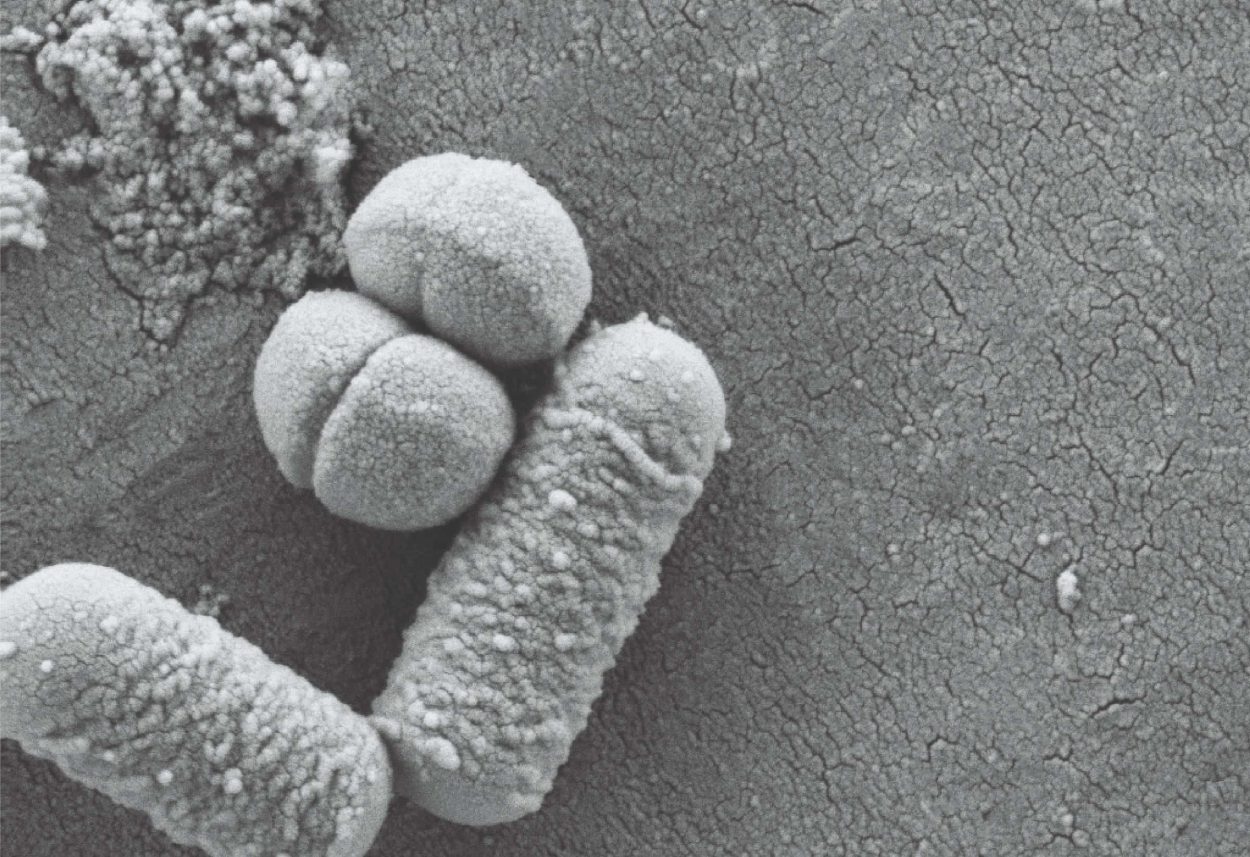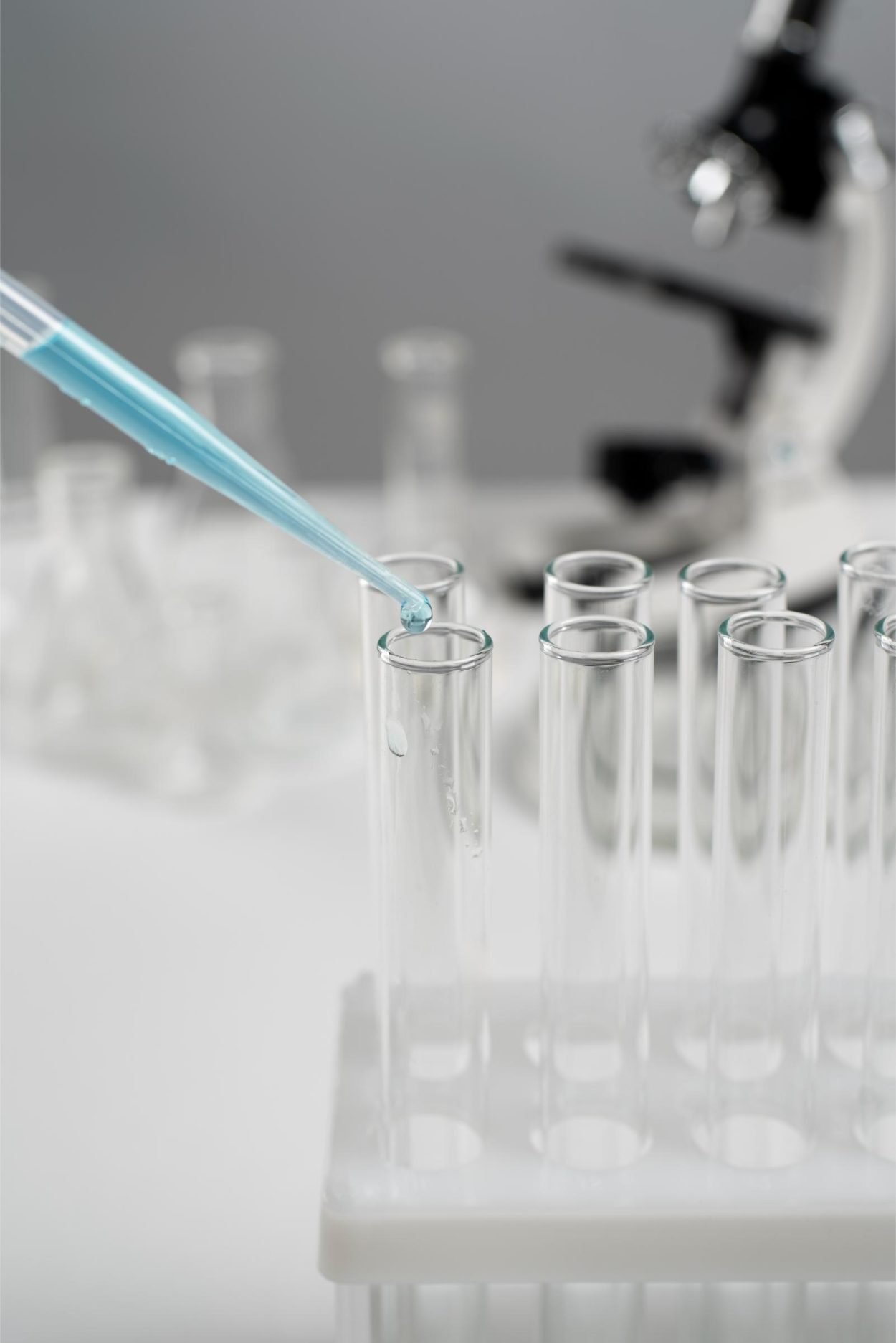

Probiotics Clinical Trials: Scientific Summary
The clinical research behind probiotics is promising and growing.
From gut health and immunity to brain health and beyond, the opportunities in the biotic market continue to flourish. And we’re at the forefront of it all.
Not only does our leading portfolio of probiotic strains meet the latest consumer needs and trends, they are also backed by mechanistic evidence. In addition to in vitro and in vivo investigations, their benefits are supported by randomized, double-blind, placebo-controlled trials – meaning they have all been clinically validated in humans.
